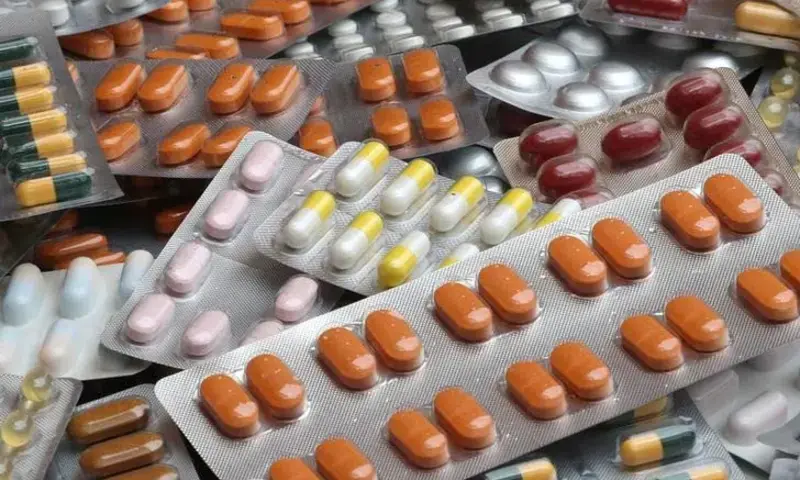Nearly all medicines needed by Pakistani patients are now readily available at local pharmacies following the government’s decision to deregulate prices of non-essential drugs, industry representatives report.
Officials, pharmaceutical industry leaders, and health experts indicate that this policy change has effectively resolved years of chronic shortages and curbed black-market profiteering. They assert that it has restored access to life-saving treatments, reduced counterfeit drugs, and renewed confidence in the pharmaceutical supply chain.
Pharmaceutical manufacturers in Karachi explained that deregulation has alleviated a crisis that had left many patients struggling to obtain essential medications. Tauqeer ul Haq, Chairman of the Pakistan Pharmaceutical Manufacturers Association (PPMA), noted that essential drugs like insulin and tuberculosis treatments, as well as over-the-counter painkillers like Panadol, were frequently unavailable due to government-fixed prices that were below production costs.
He elaborated that, amid inflation, currency devaluation, and rising global raw material prices, producing medications at the previous rates became untenable. For instance, he said a tablet that cost Rs 3 could not be manufactured profitably. Deregulation allowed it to be sold at Rs 6, bringing it back into the market.
Health experts support this change, stating that it has reduced black-market exploitation and improved the availability of quality medicines. The deregulation, which began at the end of 2023, applies only to non-essential drugs, while over 460 essential medications remain under strict government price controls to ensure affordability.
Officials from provincial drug administration bodies across all regions confirmed that nearly all medicines are now accessible in the market, significantly reducing the shortages that previously facilitated the spread of counterfeit products.
A joint survey by PPMA and Pharma Bureau, supported by a recent IQVIA report, found that prices for the top 100 pharmaceutical brands rose by an average of 16.5 percent post-deregulation. Industry representatives clarified that much of this increase was due to prior price adjustments and the introduction of new products rather than deregulation itself.
According to the Pakistan Bureau of Statistics, the Consumer Price Index for medicines in June 2025 indicated urban prices rising by 13.05 percent and rural prices by 15.3 percent, remaining lower than inflation rates in many other sectors.
Officials highlighted that previously scarce medications, including anti-epileptics, psychiatric drugs, and certain cancer therapies, are now widely available. Unit sales of medicines have also improved, with IQVIA reporting an increase in market volume growth from 0.8 percent in 2023 to 3.6 percent this year.

